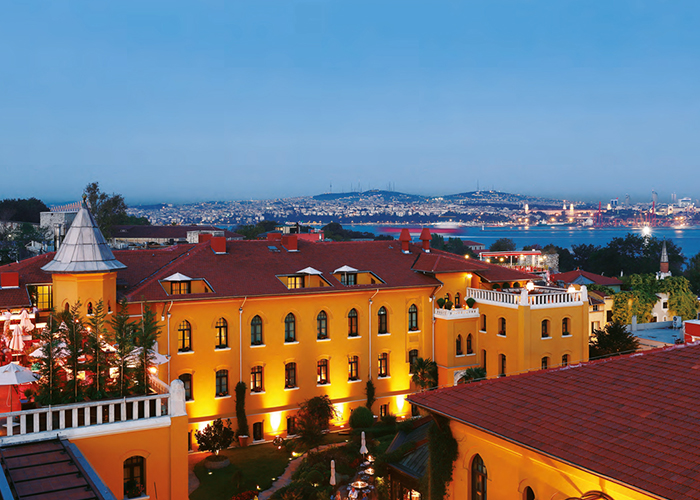
Having focused on summer tourism, defined as “sea-sun-sand”, for industrial growth since 1980s, Turkey is changing its targets in tourism area. With the investments increasing in tha Anatolian cities by means of economic growth, tourism industry has headed for those cities in recent years. Local investors and foreign hotel operators head toward urban hotels since the bedspace in southern cities, leaded by Antalya, and in Aegean Region cities reached saturation point. Having witnessed this change within last 5-7 years, foreign chains break into Turkish market with an aim of achieving growth in urban hospitality. NEW AIRPORTS ATTRACT TOURISM INVESTMENTS Mr. Fehmi Köfteoğlu, Editor of Ekin Group that organized EMITT Tourism Fair, states that investments in aviation industry into those cities play a big role in development of urban hospitality. Köfteoğlu says, “New airports in these cities, airlines shortening intercity distances by arranging domestic flights and investments in infrastructure made big contributions in developing these cities and attracting new tourism investments”. Having emphasized that tourism had stuck in coasts until today and expanded through Turkey by new investments, Köfteoğlu added, “Investors consider a city within its availability of constructing a shopping mall, residence or hotel. Afterwards, they identify the most and the least profitable investments. Hotel investments stand out having the highest asset value and this leads the investors to invest in hotels when they are to make real estate investments not only in big cities but also cities of Anatolia”. LOCAL - FOREIGN CHAINS IN LINE This is the investment aspect. There is also a management aspect; when opening a hotel, both local and international chains consider some criteria such as the accessibility of the city via airway, population, level of development. The acceleration of development in Anatolian cities in recent years must have drawn the attention of both real estate investors and hotelkeepers, because there used to be only local hotel brands of Ankara within those cities whereas now they have become competitive markets both for local and international brands. For instance, one of the chain groups in Turkish market, Accor Group has become one of the first groups to gain growth speed in Anatolia, with its brands Novotel and Ibis, investments of Akfen. Today with Akfen GYO-Accor strategic alliance, the group has 19 hotels across Turkey and in nearby countries. Likewise, although the group of Hilton Hotels used to open hotels only in big cities like İstanbul, Ankara and İzmir, they added growth targets to their agenda in some countries such as Turkey, by the effect of global economic crisis in the USA and Europe. The group aims to have 50 hotels in Turkey within 5 years by opening new hotels from Ordu to Hatay. The group targets to grow not only by the brands of Hilton and Conrad but also with subbrands in 3 and 4 star category, like Garden Inn, Hampton by Hilton. Having opened 5 hotels in Turkey since 2008, Starwood Group aimed for the sky. The group currently providing service with 10 hotels will double this number in 5 years. Starwood Group Worldwide President Frits van Paasschen said that they came a long way in Turkey and aimed to increase number of their hotels to 20 until 2018. He also said that the new hotels would not only be of 5 star brands like Sheraton and Le Meridien and that they would bring brands from 4 star category, such as Aloft, to Turkey. This inclination of both foreign and local groups gives clues on Turkey’s tourism industry for the coming 10 years. These clues indicate that, in 2023, Turkish tourism industry would not get a share only from summer facilities around the Mediterranean, but also get more share from cultural and business tourism by the investments in Anatolian cities.